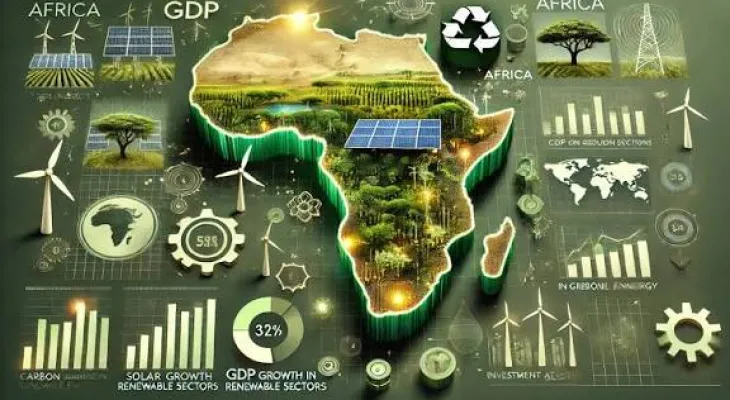
Africa Sees Green Growth Opportunity in New Climate Plans
African nations are being urged to treat their upcoming climate plans as more than just environmental commitments — but as powerful economic blueprints. With deadlines approaching for countries to update their national climate strategies, leaders are being told these plans can unlock new industries, create millions of jobs, and raise living standards across the continent.
Experts emphasize that while Africa faces some of the harshest climate impacts, it is also leading with homegrown solutions. From renewable energy breakthroughs to climate-smart agriculture, countries are showing that tackling climate change can go hand-in-hand with boosting prosperity.
Nigeria is weaving climate action into its national growth strategy, with large-scale solar projects expected to generate tens of thousands of green jobs and decentralized renewables helping to provide electricity to millions who currently lack access. South Africa is steering its transition away from coal in ways that protect workers, while Morocco’s massive Ouarzazate solar complex demonstrates the scale of what’s possible.
Across the continent, young entrepreneurs are driving innovation in clean transport, recycling, and sustainable farming. Regional efforts like the African Continental Free Trade Area also hold promise for building resilient supply chains and exporting green technologies worldwide.
However, the shift will require massive investment. Recent global agreements have pledged to increase climate finance, but the challenge remains to ensure funds are delivered and accessible. Leaders stress that this financing is not charity but a long-term investment in global stability and prosperity.
With the next round of climate summits fast approaching, Africa’s new climate plans are being positioned not only as essential for reducing emissions but also as roadmaps for stronger economies, healthier communities, and a fairer future.




















